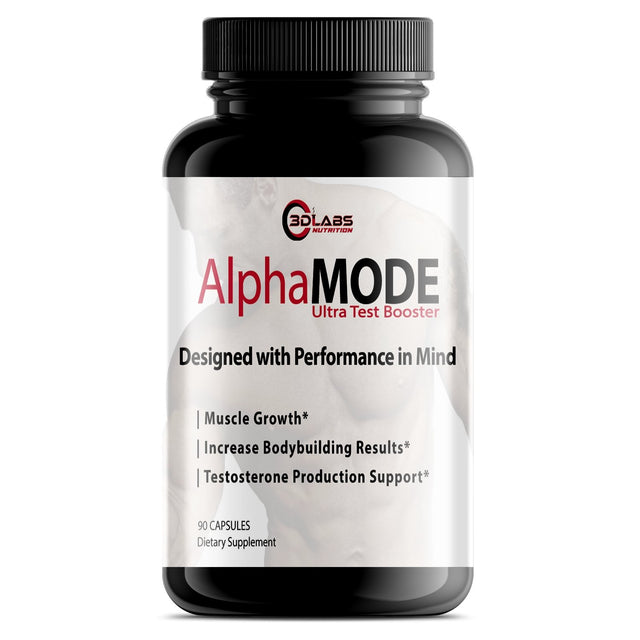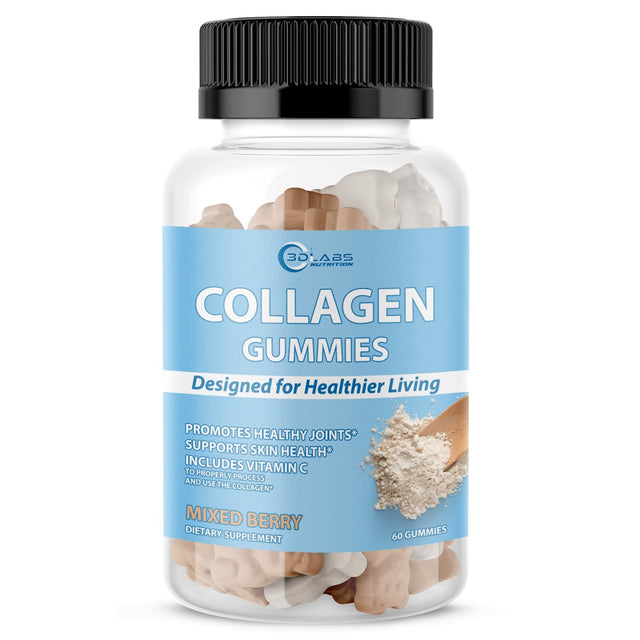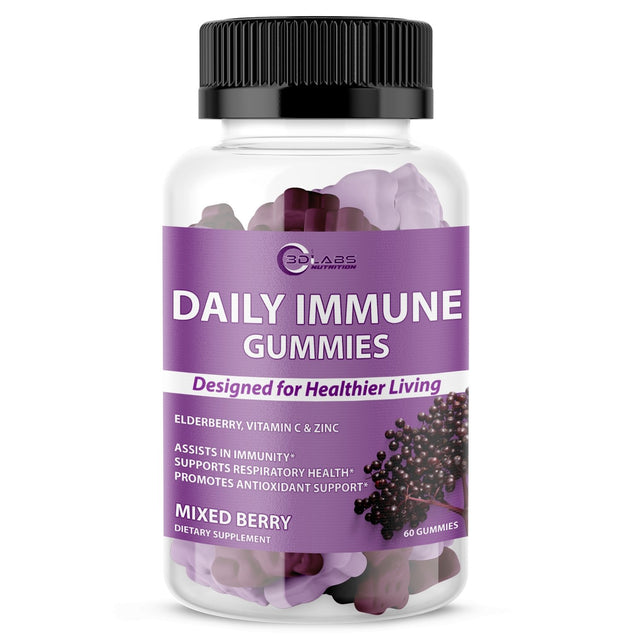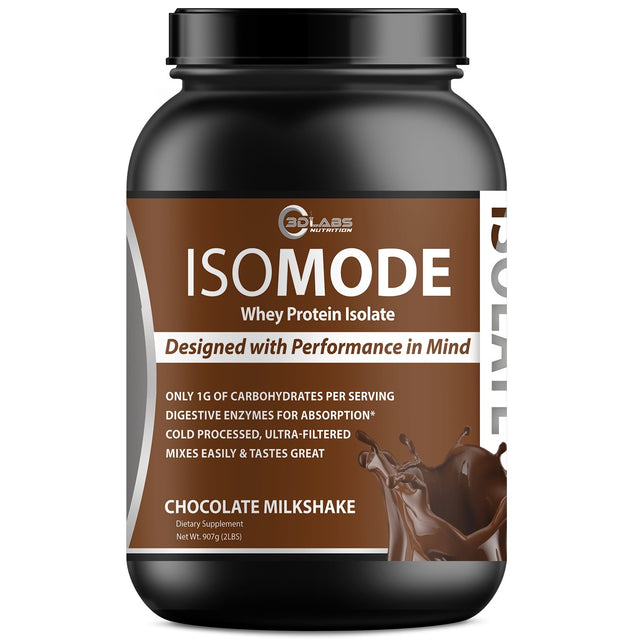Fit Mind, Fit Body: Unveiling the Dual Benefits of Exercise on Mental and Physical Well-Being
Fit Mind, Fit Body: Unveiling the Dual Benefits of Exercise on Mental and Physical Well-Being
In today's fast-paced world, the quest for mental clarity and emotional stability is more crucial than ever. Interestingly, one of the most effective tools for enhancing mental well-being is something inherently within our reach: physical activity.
Exercise is not only vital for maintaining physical health but also plays a pivotal role in improving mental health. Regular physical activity can act as a powerful catalyst for psychological rejuvenation, offering profound benefits that extend well beyond muscle strength and cardiovascular fitness.
When we engage in exercise, our body releases a cocktail of endorphins, often referred to as the feel-good hormones, which naturally elevate mood and combat stress. But the benefits don't stop there.
Physical activity also stimulates the growth of new brain cells and fosters neural flexibility, laying the groundwork for enhanced cognitive functions and resilience against mental stressors. Whether it's a brisk walk in the park, a challenging yoga session, or an invigorating swim, the act of moving our bodies can significantly uplift our mental state, proving that the link between physical fitness and mental health is both profound and empowering.
As we delve deeper into the science behind this powerful connection, it becomes clear that integrating regular exercise into our daily.
What The Science Says
Recent scientific studies have consistently demonstrated the beneficial effects of physical fitness on mental health. Various forms of exercise, including running, yoga, and strength training, play significant roles in reducing symptoms of depression, anxiety, and stress. Here's a breakdown of how each activity contributes to mental wellness, supported by credible research findings:
Running and Cardiovascular Health:
A systematic review and meta-analysis published in the "Journal of Affective Disorders" found that moderate-intensity aerobic exercise, such as running, significantly reduces symptoms of depression. The study highlights that even short bursts of 10 to 30 minutes can improve mood and cognitive functions due to increased blood flow and endorphin levels in the brain.
Yoga and Stress Reduction:
Research published in the "Journal of Psychiatric Practice" suggests that yoga, known for its gentle stretches and focus on breath work, effectively lowers stress and anxiety levels. The practice of yoga has been shown to enhance mood and has a similar impact on the brain to antidepressant medications by boosting serotonin levels and reducing cortisol, the stress hormone.
Strength Training and Anxiety:
A landmark study in "The American Journal of Lifestyle Medicine" demonstrates that regular strength training significantly reduces symptoms of anxiety. The research indicates that the repetitive motions of lifting weights can help alleviate anxiety through the release of neurotransmitters and neurohormones that promote feelings of well-being and reduce the perception of pain.
General Physical Activity and Mental Health Improvement:
A comprehensive study reported in "The Lancet Psychiatry" analyzed over 1.2 million adults and found that individuals who engaged in regular physical activity reported fewer days of poor mental health compared to those who did not exercise. Specifically, activities such as team sports, cycling, and aerobic and gym exercise were associated with a greater reduction in poor mental health days.
Exercise and Cognitive Function:
Research from the "British Journal of Sports Medicine" indicates that regular physical activity, including aerobic exercises, strength training, and mind-body exercises, not only helps in managing stress but also enhances cognitive functions such as attention, memory, and executive function. This improvement is attributed to the increased blood flow to the brain during exercise, which helps to nourish brain cells and promote the growth of new neurons.
These findings underscore the profound impact of physical fitness on mental health, revealing how activities like running, yoga, and strength training not only strengthen the body but also fortify the mind. By integrating regular exercise into our routines, we can harness these benefits to significantly improve our mental well-being and overall quality of life.
Get Your Groove On
Integrating exercise into daily life to enhance mental health can seem daunting, but with the right approach, it can become an enjoyable and sustainable part of your routine. Here are practical tips on how to start an exercise routine, set realistic goals, find enjoyable activities, and overcome common barriers:
Starting an Exercise Routine:
Begin Slowly: If you're new to exercise, start with small, manageable goals. For example, a 10-minute walk each day, gradually increasing the time as you feel more comfortable.
Consistency Over Intensity: Focus on building the habit of regular exercise rather than the intensity at first. Consistency is key to developing a long-lasting routine.
Setting Realistic Goals:
SMART Goals: Set Specific, Measurable, Achievable, Relevant, and Time-bound goals. For instance, aim to jog for 20 minutes three times a week rather than a vague goal like "exercise more."
Track Progress: Keep a journal or use a fitness app to monitor your progress. Seeing improvements, no matter how small, can boost motivation and provide a sense of achievement.
Finding Enjoyable Physical Activities:
Explore Different Options: Try various activities to find what you enjoy. Whether it's dancing, hiking, swimming, or group sports, enjoying your workout is crucial for long-term commitment.
Involve Friends or Family: Engaging in physical activities with others can make exercising more fun and motivating. Plus, it adds a social element to your routine.
Overcoming Barriers to Exercise:
Lack of Time: Incorporate physical activities into your daily routine. For example, biking to work, taking the stairs instead of the elevator, or a quick yoga session during a lunch break.
Low Motivation: Set small, daily exercise goals and reward yourself for meeting them. Additionally, keep your exercise gear visible and ready to use as a constant reminder and motivation.
Weather Conditions: Have a backup plan for bad weather days, such as workout videos at home, joining a gym, or indoor swimming.
Building Long-Term Commitment:
Vary Your Routine: To prevent boredom and maintain interest, vary your exercise routine every few weeks. This not only keeps it fun but also challenges different muscle groups and improves overall fitness.
Listen to Your Body: Pay attention to what your body needs. Some days might be suited for intense workouts, while others might require gentler, restorative activities like stretching or walking.
Mindful Exercise:
Connect Mind and Body: Try to be present during your workouts. Focus on your breathing and how your body feels as you move, which can turn exercise into a form of meditation and increase its mental health benefits.
By incorporating these strategies into your life, you can make exercise a rewarding and consistent part of your mental health care regimen. Remember, the goal is to build a routine that feels good and fits your lifestyle, contributing positively to both your mental and physical well-being.
As You Can See
The connection between physical fitness and mental health is both undeniable and profoundly beneficial. Regular exercise not only strengthens our bodies but also enhances our mental state, helping to alleviate symptoms of depression, anxiety, and stress. It stands as a powerful, accessible tool that can significantly improve our quality of life, offering both immediate relief and long-term benefits.
Incorporating physical activity into daily routines is an essential part of a holistic approach to mental well-being. It's about more than just hitting the gym; it's about creating opportunities for movement that nourish both the mind and body. Whether it's through a morning run, a yoga session, or simply a daily walk, each step taken is a step toward better mental health.
We encourage everyone to view exercise not as a chore, but as a gift to both mental and physical health. Start small, find activities you enjoy, and gradually build a routine that fits seamlessly into your lifestyle. Remember, every bit of movement counts, and the benefits are well worth the effort.
Now, what do you say? Time to get moving?
Always Remember...
We would love to hear your thoughts on this, or any other article we write, so please, drop us your comments, ideas, input, and suggestions in the comments below.
And, by all means, if you think anyone in your world might like something we write, use the share buttons below to help us spread the word!
Until next time...PROGRESS, not PERFECTION!
Don't forget, always consult your physician before making any changes to your diet or exercise regimen.
Live a 3D Life...Decisions Determine Destinations!








0 Comments
There are no comments for this article. Be the first one to leave a message!